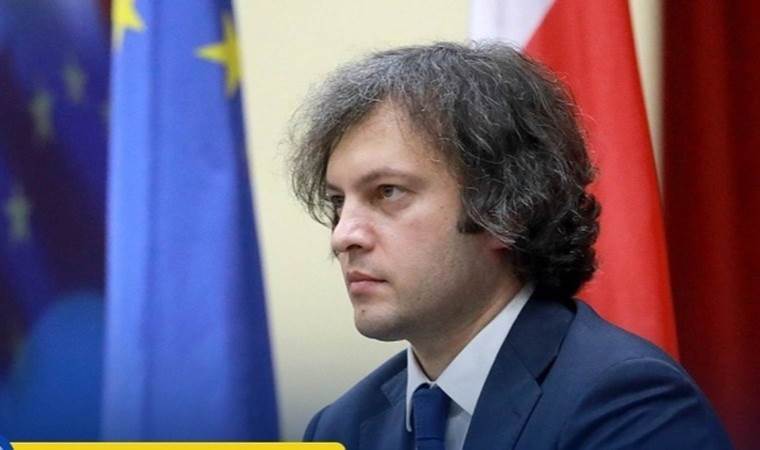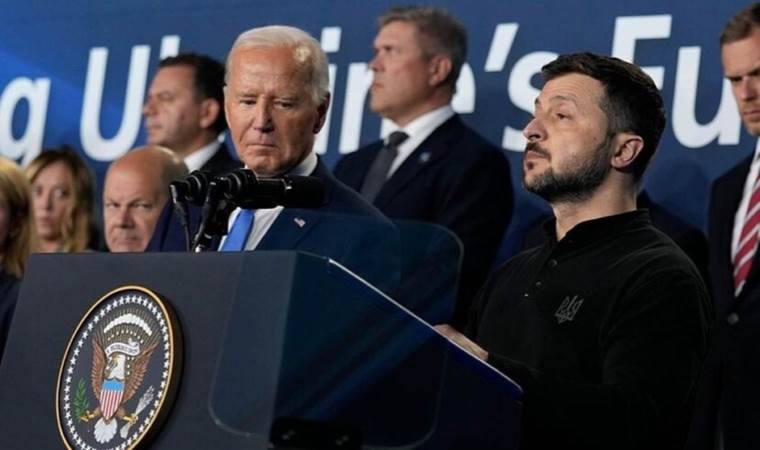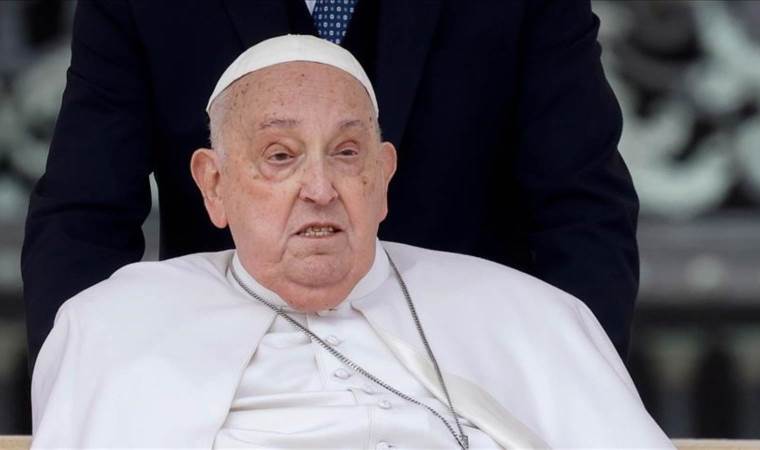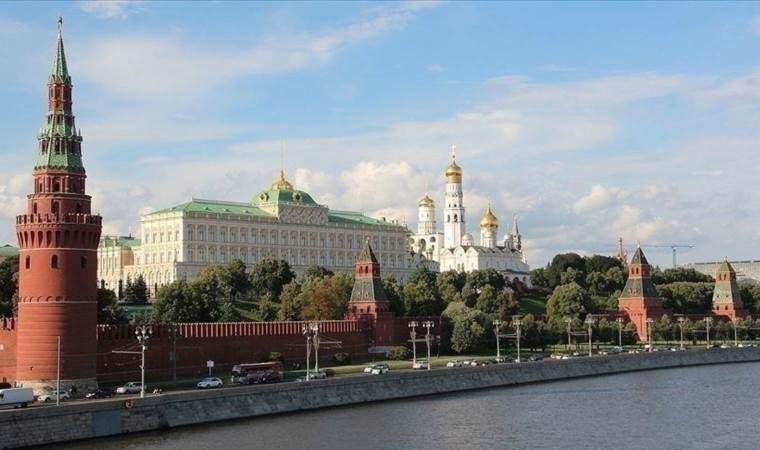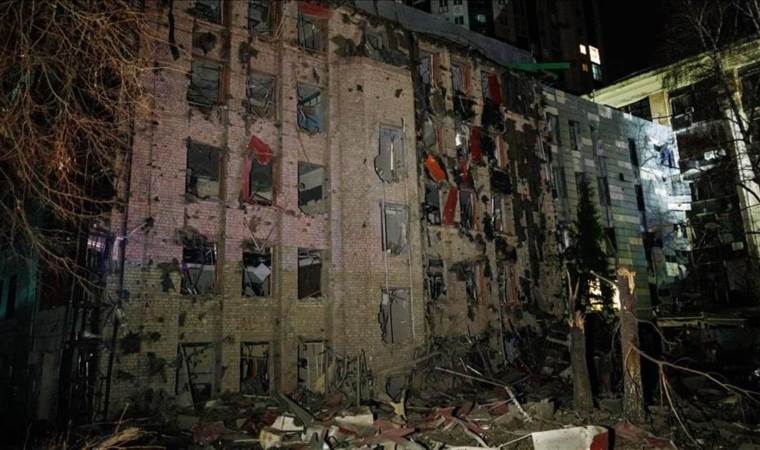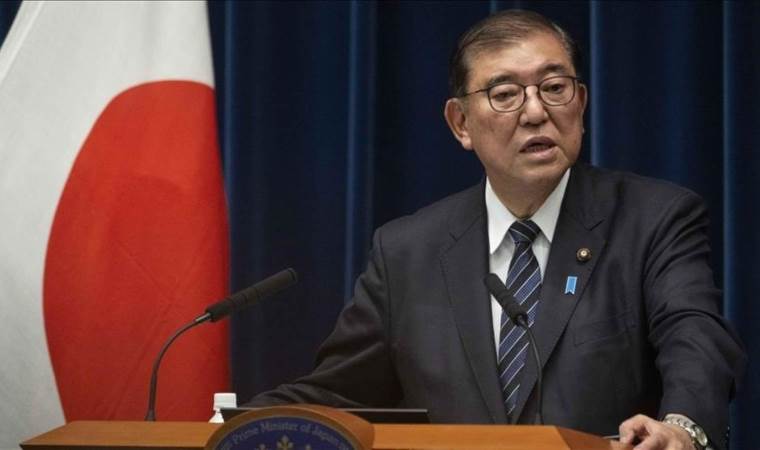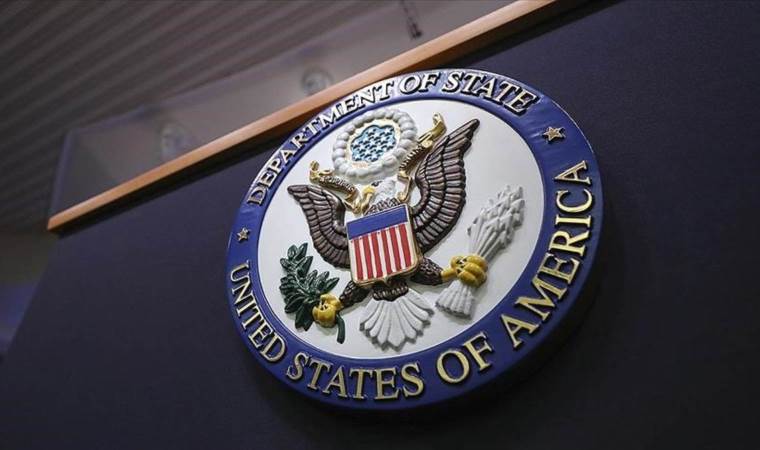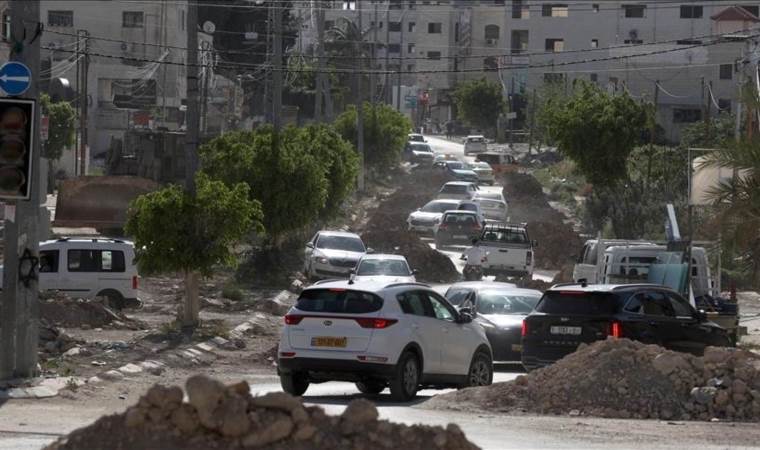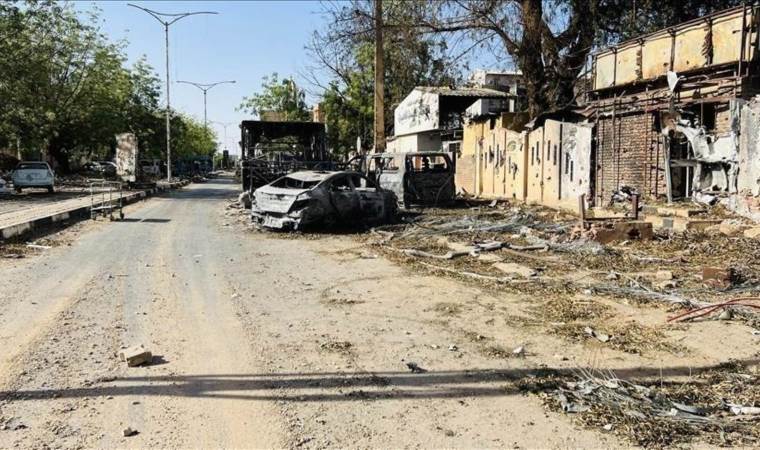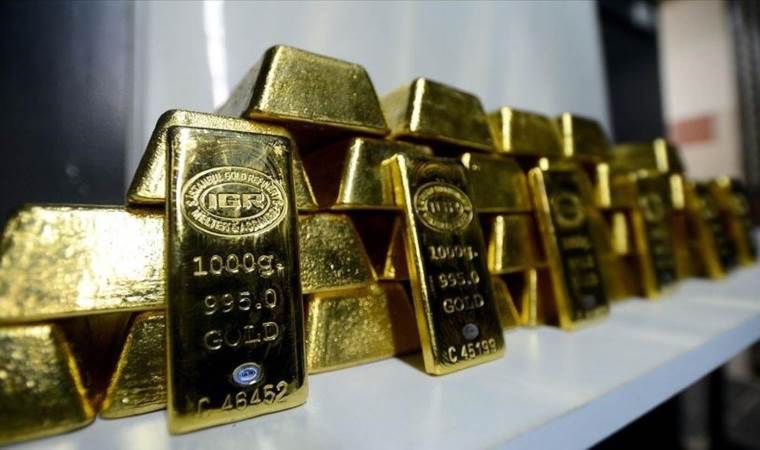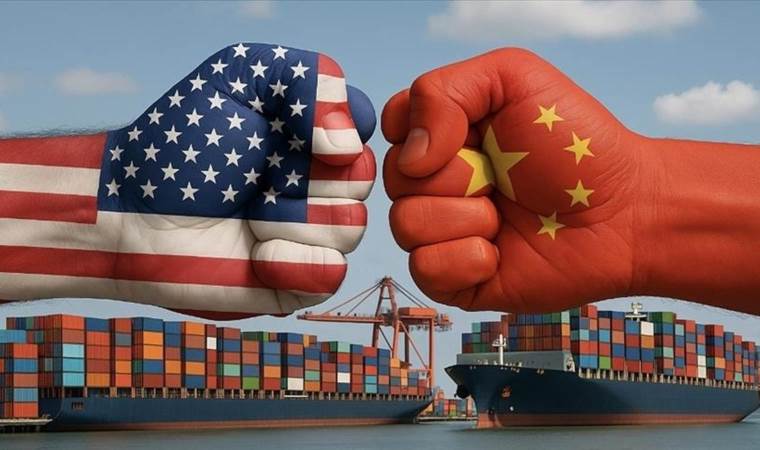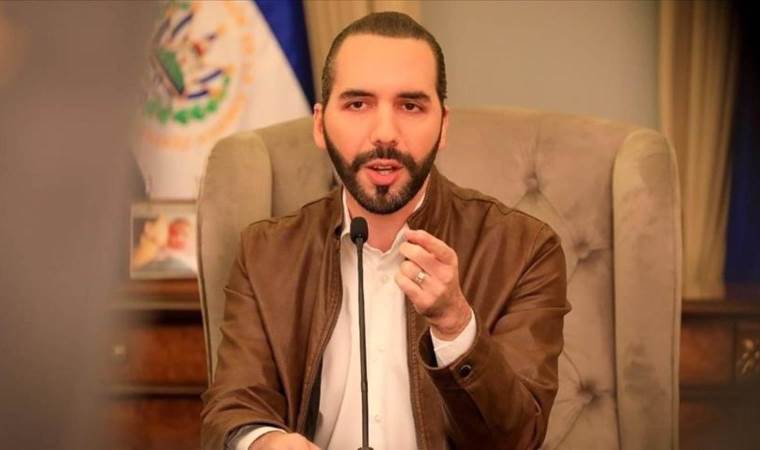Deniz Berktay's northern notes: War intensifies again
Many are asking, "When will the war in Ukraine end?" The answer, however, does not lie in Ukraine but in the capitals of Western nations, especially Washington, D.C.
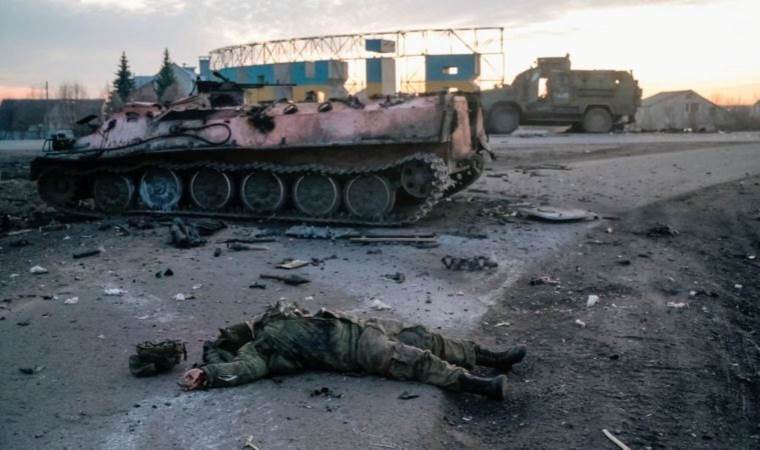
Throughout the conflict, Ukraine has become increasingly reliant on the West. Western nations have occasionally supported Ukraine's defensive efforts against Russia. At other times, Western nations have prolonged the conflict to weaken Russia, preventing any potential compromise by the Ukrainian government. To avoid backlash from pro-Western factions in Ukraine, the government must secure U.S. approval before considering negotiations. Otherwise, if the government were to approach negotiations without Western approval, these circles would accuse the government of capitulation. We have seen examples of this in recent years.
The Government of Ukraine's approach to Russia is closely linked to the outcome of the U.S. presidential elections. Recently, we’ve seen a shift in Ukrainian rhetoric. Ten days ago, it appeared likely that Trump would defeat Biden, and the Ukrainian government, anticipating Trump's promise to end the war swiftly, adopted more moderate positions and de-emphasised the issue of Crimea. However, Biden’s withdrawal from the race and Kamala Harris's rise have reignited hope among those advocating continued resistance against Putin. This shift is evident in Ukrainian media, which has renewed focus on Crimea, occupied by Russia since 2014. Pro-government circles now claim that despite a lack of sufficient troops, Ukraine’s attacks on Crimea are filling a strategic gap and could be the first step towards reclaiming the territory. As someone who views Russia’s occupation of Crimea as unjust yet understands its significance to the Russians, I question whether this strategy will be effective.
In this context, Ukrainian Foreign Minister Dmytro Kuleba’s recent four-day visit to China, where he met with his Chinese counterpart Wang Yi, is noteworthy. China’s policy in this war is distinct: it does not favour a Russian victory or a triumph for the U.S.-backed Ukraine. Despite this, China's support for Russia's economy and Ukraine's alignment with the U.S. had strained relations between the two nations. Ukraine’s attempt to persuade China to support its position yielded little success, as Kuleba noted, "China acts according to its interests." This sentiment is shared by Ukrainian officials and commentators regarding Turkiye as well. It seems like Biden is constantly asking himself, "What have I done for Ukraine today?"
As a result, the war has intensified once more. Tensions in the region are expected to escalate further until the U.S. elections in November. What happens after that will largely depend on the election results.
Most Read News
-
 Pope Francis dies at 88 after prolonged illness: Vatican
Pope Francis dies at 88 after prolonged illness: Vatican
-
 Kremlin ‘satisfied’ with US position ruling out NATO mem
Kremlin ‘satisfied’ with US position ruling out NATO mem
-
 Russia, Ukraine report airstrikes as Putin’s Easter ceas
Russia, Ukraine report airstrikes as Putin’s Easter ceas
-
 Trump ‘values’ talks with Japan, says Premier Ishiba ami
Trump ‘values’ talks with Japan, says Premier Ishiba ami
-
 US scales back development, diplomatic presence in Afric
US scales back development, diplomatic presence in Afric
-
 Israel bans Palestinian minister from occupied West Bank
Israel bans Palestinian minister from occupied West Bank
-
 At least 33 civilians killed in RSF shelling of Sudan’s
At least 33 civilians killed in RSF shelling of Sudan’s
-
 Gold price exceeds $3,400 to reach new record high amid
Gold price exceeds $3,400 to reach new record high amid
-
 China sanctions US lawmakers, officials, NGO heads
China sanctions US lawmakers, officials, NGO heads
-
 El Salvador’s president calls on Maduro to release Venez
El Salvador’s president calls on Maduro to release Venez
